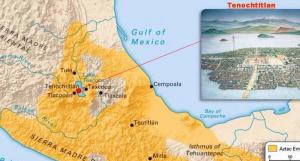Causes and consequences of German unification
In this new video from Unprofesor we will explain "Causes and consequences of German unification".
Causes and consequences of German unification in summary. What was the German unification? German unification was the process of consolidation of a nation from the 39 states that made up what we know today as Germany. What was previously known as the Holy Roman German Empire. There were many different states (Hanover, Holstein, Prussia ...) that through a series of warlike processes, managed to unite in 1871 thus creating the German nation. So let's go to the most important causes. The first was Napoleon. The Napoleonic wars had conquered many of these German states with which (also at the time, the 19th century is considered the year of nationalism) there is a rise of nationalism and against everything French, these German states consider themselves brothers between they. This makes bonding easier.
Nationalism, deeply rooted because each state if it joined believed that it would be easier for them to search for common interests with other states.
Another cause was the bourgeoisie. What did they ask for? Greater number of civil and individual liberties... and above all the expansion of markets to be able to do more business, obtain more profits, have access to more markets, more raw materials... in short, grow a lot more. Another great cause is Prussia. Prussia, within these 39 states, was the most powerful, the egemonic.To know the subject in more depth, do not miss the complete video on "Causes and consequences of German unification" and practice with the exercises that we leave you below.



